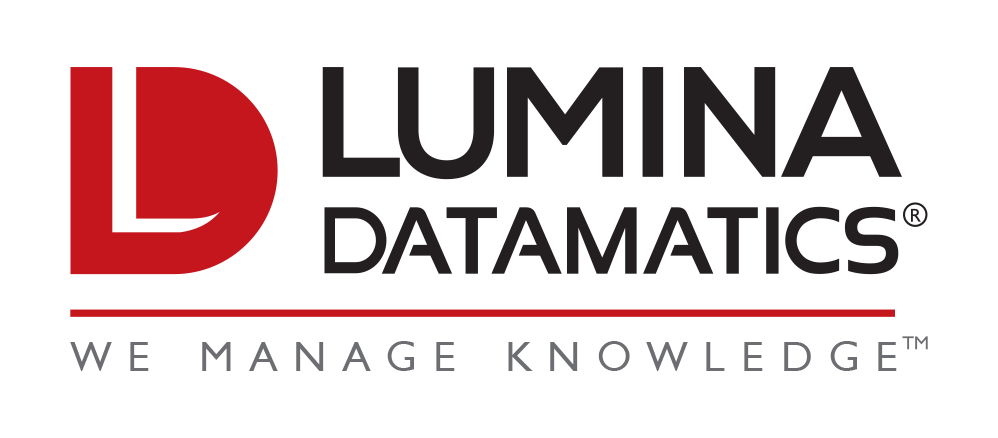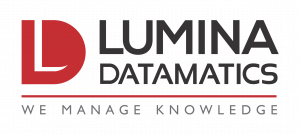The intention of every academic institution is to ensure robust learning outcomes for their students. One crucial method for achieving this scenario is bolstering diversity, equity, and inclusion (DEI) in the academic experience, including courseware, textbooks, and learning materials.
What Is DEI?
Sometimes ignored as a buzzword, DEI aims to eliminate barriers to participation by creating equitable content, free from conscious or unconscious bias, that uses inclusive language and represents perspectives, ideas, and examples from across the human experience. Inclusive educational content incorporates the lived experiences, academic research, and professional accomplishments of the many people, communities, and cultures represented by the learners themselves.
Diverse, equitable, and inclusive language accounts for people who have been historically or traditionally left out of or misrepresented in the common narrative, with a focus on the following:
• Religion and faith
• Race and ethnicity
• Gender
• Disability status
• Sexual orientation
• Veteran status
• Socioeconomic class
• Age
DEI is about acknowledging and including many perspectives and appreciating all people, all backgrounds, and all voices.
Why Is DEI Important in Education?
Learning outcomes improve when learners see themselves in the content they consume. It creates a sense of belonging that allows everyone to interact with the content without the distraction of bias and misrepresentation. It can also:
– improve cultural understanding and critical thinking;
– lead to better academic results;
– refine content by applying a critical lens;
– help comply with guidelines, especially for accessibility;
– enhance student motivation and relatability;
– broaden the market opportunities; and
– remove impediments for students from underrepresented communities.
However, there are sizable challenges that can prevent the seamless adoption of DEI into your content workflow: a lack of internal know-how, tight timelines, incompatible systems, or inadequate resources.
This is where DEI read services can come to the rescue.
What Are DEI Read Services, and How Do They Work?
When you can’t do it yourself, get experts to help you. DEI services leverage experienced DEI readers to review your content for any potential areas of concern, utilizing their unique perspective and professional expertise to ensure that it is equitable and fosters inclusivity. This is achieved by applying an established set of standards and guidelines to make your content globally acceptable.
Read services usually follow these steps:
1. Identify the DEI goals of the publisher, institution, or content provider.
2. Assess the needs and review the client guidelines; determine appropriate inclusivity guidelines if none exist.
3. Select the DEI readers who fit the requirements.
4. Complete a sample chapter and submit it to the publisher for consideration.
5. Deliver feedback and recommendations to the DEI reader.
6. Perform a complete review.
7. Deliver high-level observations along with the complete review feedback and remediation recommendations.
Review feedback is provided through recommendations and suggestions for enhancing the content. This follows either the publisher’s or industry standard guidelines, backed by pertinent references.
How Do You Find the Ideal DEI Read Services?
Once you decide to use a DEI read service, finding and evaluating the right service provider for your project can be difficult. When looking for DEI read services, make sure to look for a service provider with the following:
– A global network of trusted DEI read experts who come from diverse backgrounds and stay updated with current diversity guidelines.
– Services that go beyond written text and thus include images, tables, graphs, quizzes, infographics, and assessments.
– A proven track record of DEI improvements in educational content for K–12, higher education, and professional learning levels.
– A well-orchestrated DEI read workflow with timely feedback and consistent recommendations.
– Years of experience reviewing print and digital content with expert project managers skilled at DEI reviews.
– Collaboration and support for faculty, which includes tools, guides, and resources.
– A firm commitment to upholding the principles of diversity, equity, and inclusion in every aspect of their own organization.
Don’t assume that companies with HR-focused DEI expertise have experience performing educational content reads. Likewise, ensure that fiction and nonfiction sensitivity readers have the depth of knowledge and DEI training to handle educational content. Ask questions about the service provider’s specific experience with your type of content. If you don’t feel confident that they have successfully reviewed content similar to yours in the past, keep looking for a service with a proven track record in educational DEI reads.
Learn more about DEI read services and contact us if you want to start delivering more inclusive content to your students.




0 Comments